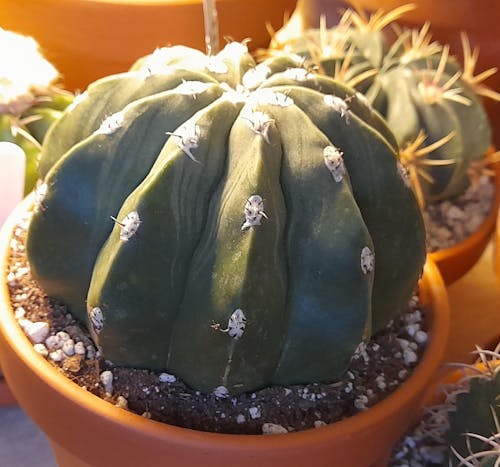Let customers speak for us
What customers think about the store
Sprouts of Bristol offers high-quality, well-packaged plants with excellent customer service. Customers praise the healthy condition of plants upon arrival, speedy delivery, helpful staff, and the store's commitment to sustainability. The rescue plant boxes ar...
AI-generated from customer reviews.
Check out The Sprouts Blog
Sprouts insights to house plants, gardening, our favourite brands and plant hire case studies.



















![The 'Mulled Wine' Fresh Foliage Christmas Wreath [Made to Order]](https://judgeme.imgix.net/sprouts-of-bristol/1764939241__img_20251128_124445__original.jpg?auto=format&w=500)





